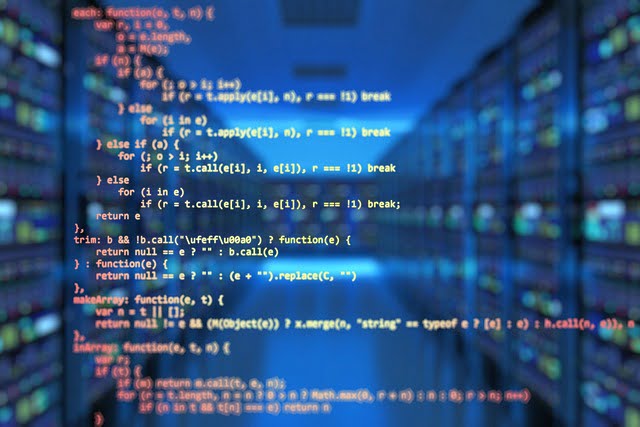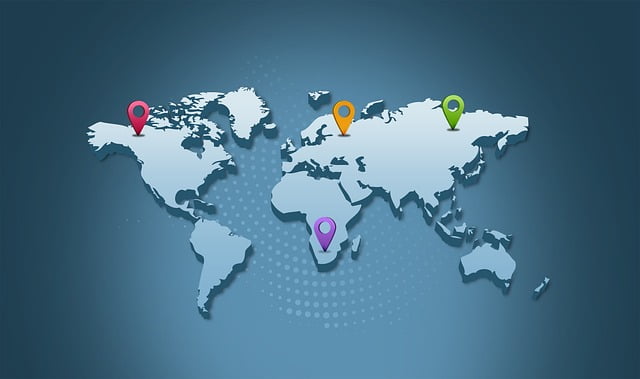Can Government Agencies Track One When Using a VPN?

In an era where digital privacy is paramount, Virtual Private Networks (VPNs) have emerged as essential tools for individuals seeking to shield their online activities from prying eyes. VPNs are widely regarded as a means to maintain anonymity on the internet. However, a critical question remains: Can government agencies track individuals using a VPN? This article explores the capabilities of government agencies in tracking VPN users and the factors influencing their ability to do so.
Can Government Agencies Track VPN Users?
Network Traffic Analysis
While VPNs encrypt internet traffic, making it difficult to read, certain aspects of online activity can still be observed through network traffic analysis. Government agencies can monitor the volume, timing, and destination of encrypted traffic, which might reveal patterns indicating the use of a VPN. This form of analysis can provide indirect evidence of VPN usage but not the specific content of the communication.
Deep Packet Inspection (DPI)
Deep Packet Inspection (DPI) is a sophisticated technique that allows government agencies to analyze the data being transmitted over the internet in great detail. Although DPI cannot decrypt the content of VPN traffic, it can identify the use of VPN protocols by examining packet headers and other metadata. This means that while the actual data remains secure, the fact that a VPN is being used can be detected.
VPN Service Logs
The logging practices of VPN providers play a crucial role in privacy. Some VPN providers maintain logs of user activity, such as connection times, IP addresses, and bandwidth usage. Government agencies can subpoena these logs from VPN companies to obtain information about specific users. It is essential to choose a VPN provider with a strict no-logs policy to minimize this risk, ensuring that even if a subpoena is issued, there is no data to provide.
Cooperation with VPN Providers
In certain jurisdictions, government agencies can compel VPN providers to cooperate with investigations. This cooperation can include real-time monitoring of VPN traffic or providing user data upon request. The level of cooperation varies depending on the legal framework of the country where the VPN provider operates. Therefore, it is important to select a VPN provider based in a privacy-friendly country with strong data protection laws.
Factors That Influence Government Tracking Capabilities
VPN Protocols
The security and privacy provided by VPNs can vary based on the protocols they use. Protocols like OpenVPN and WireGuard are considered highly secure, while older protocols like PPTP have known vulnerabilities that can be exploited by government agencies. The choice of protocol can significantly impact the level of protection a VPN offers.
Obfuscation Techniques
Some VPNs employ obfuscation features designed to disguise VPN traffic as regular internet traffic. These techniques can help users bypass censorship and avoid detection by government agencies utilizing DPI and other tracking methods. By making VPN traffic look like normal web traffic, obfuscation can make it more difficult for agencies to identify and target VPN users.
Jurisdiction and Legal Framework
The ability of government agencies to track VPN users largely depends on the legal framework of the country where the VPN provider operates. Countries with stringent data retention laws and surveillance capabilities pose a higher risk to VPN users compared to those with robust privacy protections. Users should consider the legal environment of their VPN provider’s location when choosing a service.
Enhancing Privacy When Using a VPN
Choose a Reputable VPN Provider
Selecting a VPN provider with a strong reputation for privacy and security is crucial. Look for providers that offer a strict no-logs policy, robust encryption standards, and advanced security features such as obfuscation and multi-hop connections. A reputable provider will prioritize user privacy and invest in technologies that enhance security.
Use Additional Privacy Tools
- Tor Network: Combining a VPN with the Tor network can provide an additional layer of anonymity. Tor routes your internet traffic through multiple volunteer-operated servers, further obscuring your online activities and making it even harder for government agencies to track you.
- Secure Browsers: Using privacy-focused browsers like Brave or Firefox with additional security settings and extensions can enhance your online privacy. These browsers offer features that block trackers and ads, providing an extra layer of protection.
Regularly Update Software
Keeping your VPN software and devices up to date is essential to protect against vulnerabilities and ensure you benefit from the latest security enhancements. Regular updates help mitigate the risk of exploits and improve overall security.
Be Mindful of Your Online Behavior
While using a VPN can significantly enhance your privacy, it is important to be aware of your online behavior. Avoid sharing personal information on untrusted websites and use encrypted communication methods whenever possible. Being cautious about your digital footprint can further protect your privacy.
Conclusion
While VPNs offer substantial privacy and security benefits, they are not entirely foolproof against government tracking. Government agencies possess advanced tools and techniques, such as network traffic analysis, DPI, and legal measures to compel VPN providers to share user data. However, by choosing a reputable VPN provider with strong privacy practices, utilizing additional privacy tools, and staying informed about the legal landscape, you can significantly reduce the risk of being tracked by government agencies. The key to maintaining online privacy lies in making informed choices and staying vigilant about the evolving tactics of surveillance.
Loading newsletter form...






